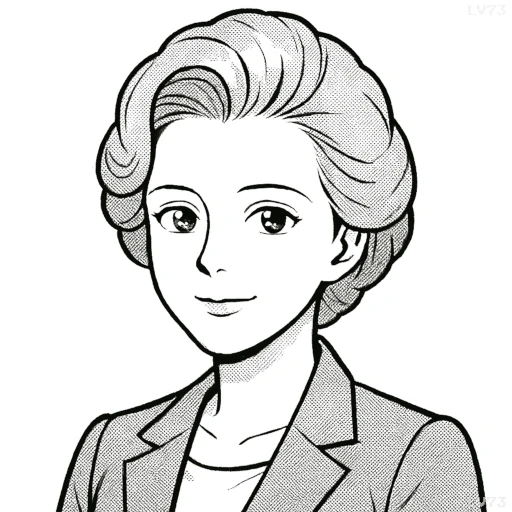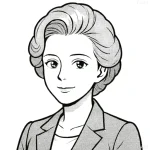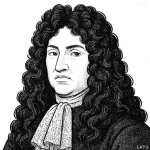“There can be no liberty unless there is economic liberty.”

- October 13, 1925 – April 8, 2013
- British
- Prime Minister of the United Kingdom, Politician, “The Iron Lady”
table of contents
Quote
“There can be no liberty unless there is economic liberty.”
Explanation
This quote by Margaret Thatcher expresses her core belief that freedom in society is inseparable from economic freedom. She argues that true liberty—meaning the ability to think, speak, and act independently—cannot exist if individuals lack control over their economic lives. Without the right to own property, earn a living, choose one’s work, and manage personal finances, political and civil freedoms become hollow, as dependence on the state limits autonomy and self-determination.
Thatcher’s policies consistently reflected this principle. As Prime Minister, she pursued privatization, deregulation, and tax reform, aiming to reduce state control and empower individuals to participate freely in the marketplace. She believed that when people have the economic means to support themselves, they also gain the power to think and act without coercion. For her, economic liberty was not merely a financial concern—it was a moral and political one.
In modern debates about the role of government, social welfare, and regulation, Thatcher’s quote remains highly relevant. It reminds us that freedom is multi-dimensional, and that political rights alone are not enough if individuals are economically constrained. Her message is clear: liberty flourishes when people are not only free to vote or speak, but also to build, trade, and earn on their own terms.
Would you like to share your impressions or related stories about this quote in the comments section?


